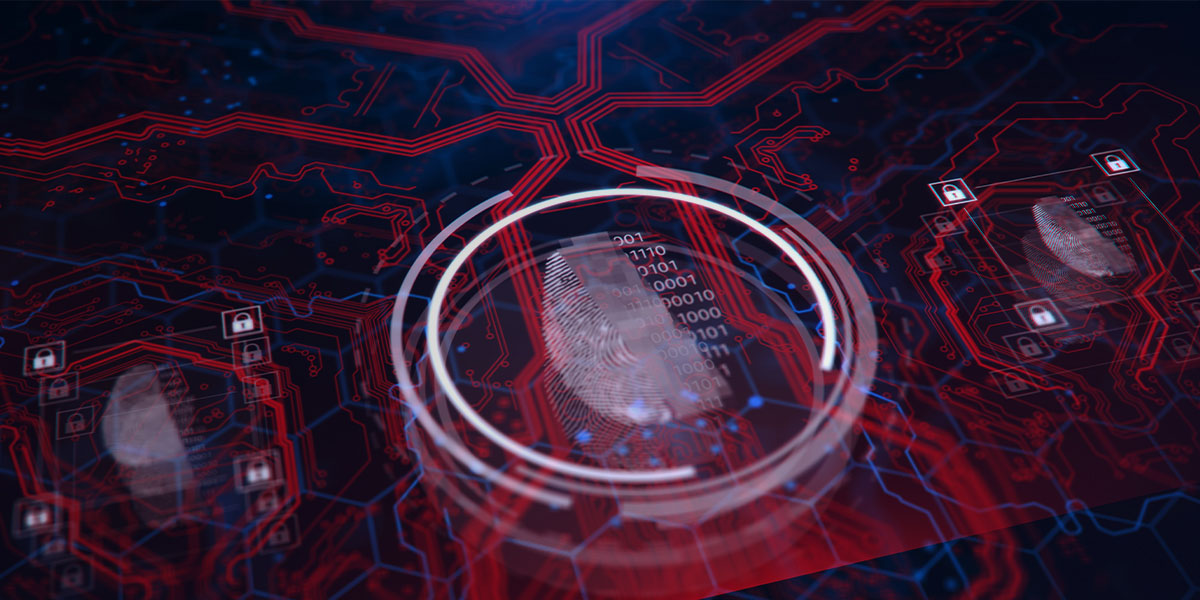Cybersecurity: The Legal Sector’s Latest Challenge
If any discovery throughout the history of humanity permanently changed our trajectory it was fire, followed closely by the wheel, the steam engine, electricity, and, of course, the Internet. This network of networks has made our lives easier, generated entire industries, and completely transformed our society. In a hyperconnected world, however, cyberattacks abound, and businesses and workers alike are continuously exposed. In this situation, legal tech experts become essential for optimal—and secure—business operation.
We’re surrounded by devices that look nothing like computers or servers but are still targets for cyberattacks: routers, mobile phones, media players, smart TVs, and switchboards for VoIP can all be misused—in the case of inexperienced users—or even attacked. In recent years, these cyberattacks have become one of the greatest threats to business.
As COVID-19 made working from home the new norm, the attacks increased. Threat Intelligence Insider—a Fortinet* platform which compiles and analyzes cybersecurity incidents around the world—states that cyber attackers in Latin America “are adapting to this new era of remote work with more sophisticated threats and new ways of executing malicious activities on systems to increase their success rates.” Consequently, the report suggests that we keep an eye out for “suspicious emails or activity and implement and follow all the necessary controls to mitigate the risk of intrusion or breach of our organization’s security policies.”
Within this context, we see the need arise for more lawyers specializing in digital transformation with knowledge of new technologies, including cybersecurity. Law professionals need to update their traditional thought processes to offer legal solutions to conflicts arising in the digital sector. To detect possible threats and alert and protect their clients—ensuring the security of all data that is managed and shared throughout IT systems—it is essential that the intricacies of this field be understood.
For some time, everything revolving around the security of an organization’s cyber systems has been managed by its IT department. Nevertheless, with changes being made to laws and the increased risk of cyber threats, the role lawyers play is gaining new relevance. These professionals must now understand the legal consequences stemming from a cyberattack and how to manage a security breach to best protect their client.
The current digital reality does not require lawyers to master programming to do their work. It is, however, essential that they understand the inner workings of certain technologies. In doing so, they will understand the possible impact they may have on workers or how they can improve day-to-day office operations. Reinvent yourself. Rediscover fire in new technologies as they drive the digital transformation.
The Professional Certificate Program in Legal Tech in the Digital Era, offered by MIT Professional Education in collaboration with Esade, proposes a shift in mentality for those law firms looking to provide their clients with what their competitors cannot. “Being well-positioned” or “not being good with technology” are no longer viable excuses.
*Fortinet: empresa especializada en software y servicios de ciberseguridad
To read the article published in Spanish on The Lawyer Magazine:
